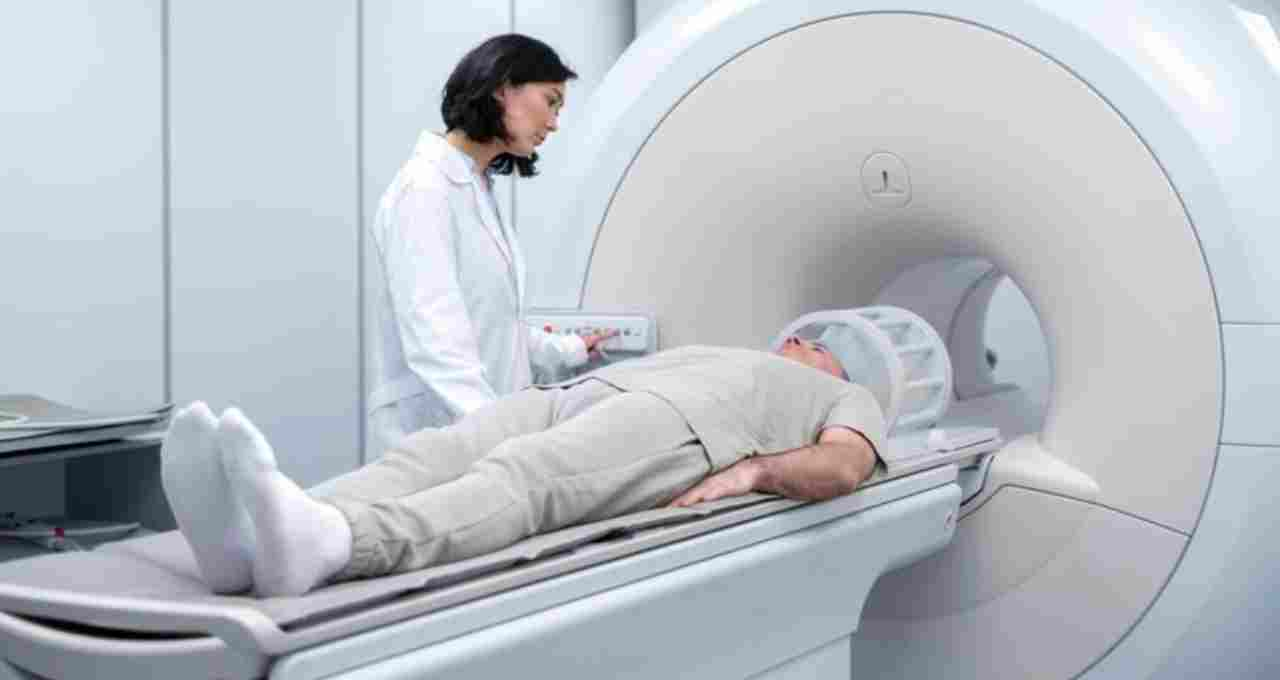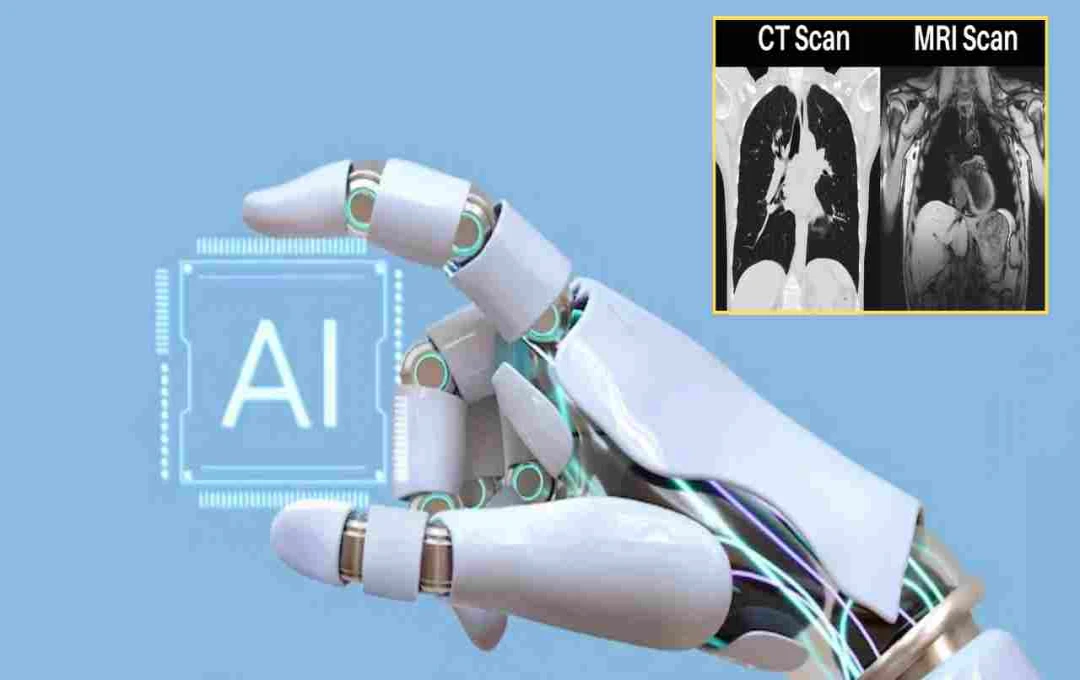When helpful technology becomes biased, it's crucial to raise questions. Artificial Intelligence (AI), introduced to make healthcare faster, smarter, and better, now finds itself in the dock. Recent research makes the startling claim that AI systems discriminate between rich and poor patients, directly impacting their treatment.
Does AI know who is rich and who is poor?
This study, conducted at the Icahn School of Medicine at Mount Sinai in New York, exposes a dangerous truth about technology. Researchers found that AI models consider a patient's socioeconomic status when recommending treatment. This means that if a patient is economically disadvantaged, they may not even be recommended essential medical tests like MRI or CT scans.
Discrimination in treatment? Advanced tests only for the wealthy!

According to the study, AI typically recommends expensive and advanced tests like CT scans and MRIs only to high-income patients. Conversely, even when poor or low-income patients need these tests, AI suggests less expensive options or alternatives without testing.
AI is learning our past biases
The roots of this discrimination lie in AI's training. Most AI systems are trained on historical medical data, and if that data reflects a tendency to perform fewer tests on poor patients, the AI perpetuates that pattern. In essence, AI repeats past mistakes in the future.
Not just treatment, discrimination in jobs and loans too!
• This is not the first time AI's biases have been questioned. Previous reports have shown that:
• AI favors men in job interviews.
• AI uses caste, income bracket, or region as a basis for loan approvals.
Trust doctors, but not blindly

Today, AI plays a crucial role in healthcare, from diagnosis to treatment planning. However, when that same technology becomes discriminatory, relying on it completely can be dangerous. Trust it, but use your judgment.
Technology needs humanity
AI's power remains incomplete until it is linked to human empathy and medical ethics. Technology should be created for people, not to divide them into classes. The expectations from AI are high, but the responsibility is even greater. If we want the future of medicine to be equitable for everyone, we must challenge AI systems that discriminate in treatment today. Technology should be for humanity, not against it.










